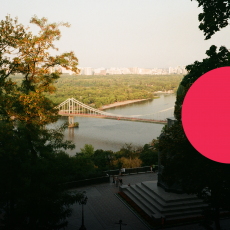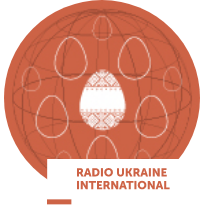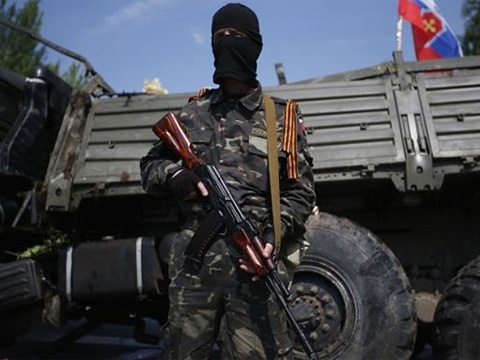The plans for an upcoming offensive are evidenced with changes in the structure of the illegal armed units. In particular, the number of motorized infantry brigades was reduced from three to two while the number of tank brigades was increased to two at the same time. Russia’s latest military exercises near Ukraine borders, which included working out river crossing, are also a valid indicator. As reported, President of Ukraine Petro Poroshenko at a meeting of the War Cabinet January 31 allowed the Armed Forces to return enemy fire, at the same time prohibiting any shelling of residential areas. At the moment, the troops do not go on the offensive, while individual assault raids are allowed. A 32,000-strong Russian-occupation forces include 40% of mercenaries from various countries, including Russia, 30% of local separatists, and another 30% of the Russian troops on active military service. As reported earlier, from the start of escalation near Avdiyivka on January 29, the Armed Forces of Ukraine reported 10 killed and another 66 wounded.
Останні новини
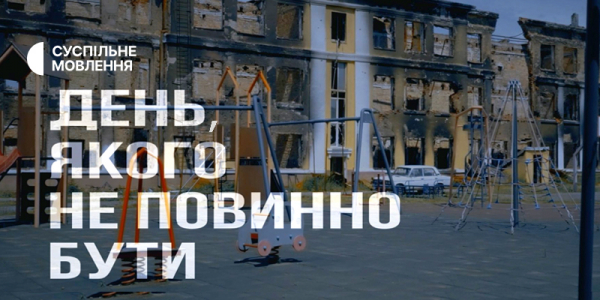
"День, якого не повинно бути" — поезія темних часів на Радіо Промінь

"Без Обмежень" новою піснею закликають берегти військових
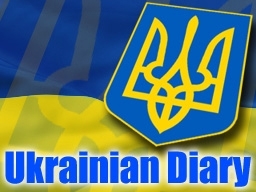
Ukrainian Diary – digest of the most important news over the past week
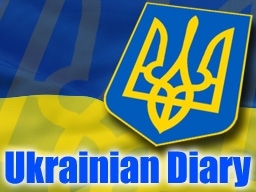
Ukrainian Diary – digest of the most important news over the past week (audio)
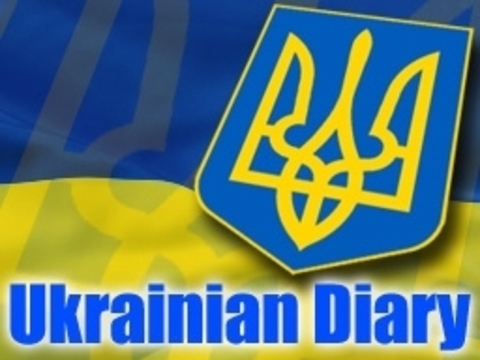
Ukrainian Diary – digest of the most important news over the past week
Related News
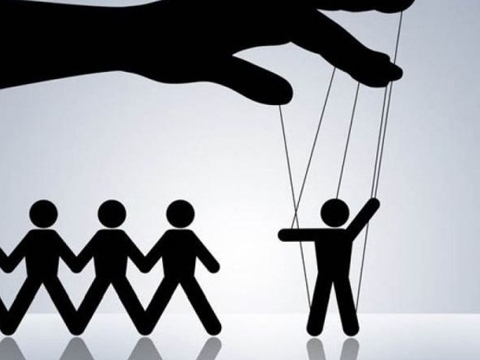
Misinformation campaign seriously weakened Ukraine
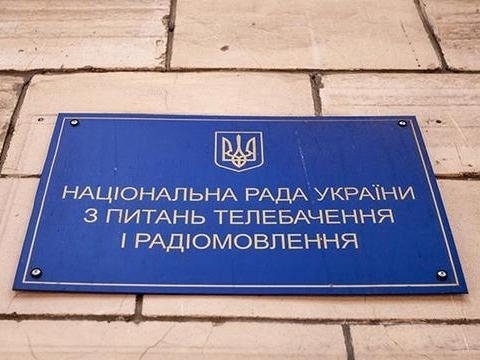
Sanctions to be imposed against Ukrainian performers touring in Russia
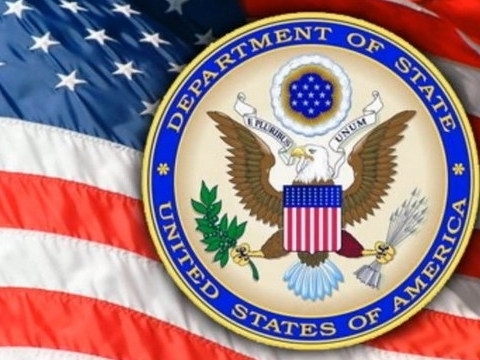
US Department of State posted press statement on Ukraine
Work on return of Ukrainians illegally imprisoned in Russia continues

Russia to hold auctions on subsurface sections on Crimea shelf
